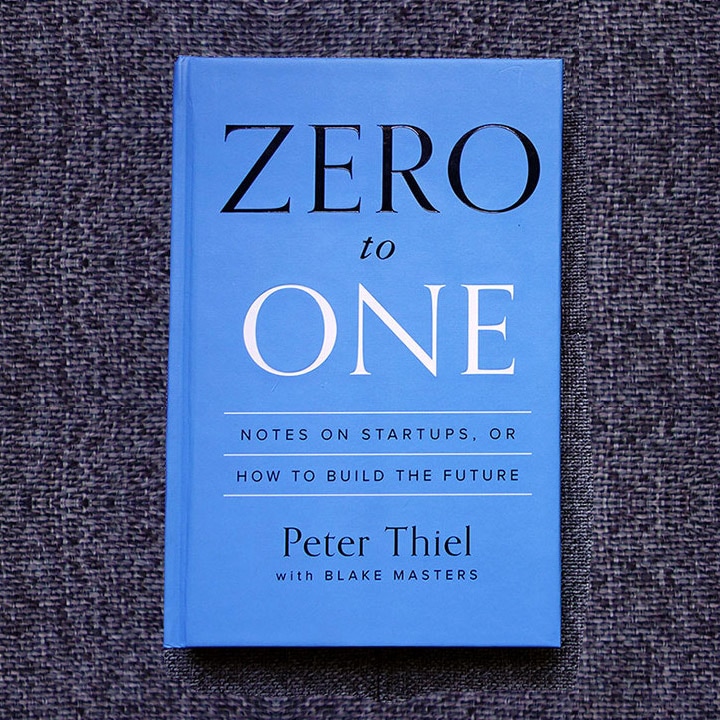|
I recently finished this book by Peter Thiel. This is a book about learning and challenging status quo thinking. My key takeaways:
Continue reading to review all my key take-aways from each chapter. Chapter 1: Progress
Chapter 2: 90’s Tech Crash
Chapter 3: Monopolies
Chapter 4: Competition
Chapter 5: Look to Long Term $
Chapter 6: Luck
Chapter 7: Investing in new companies
Chapter 8: Secrets
Chapter 9: Foundations of Success
Chapter 10: Coworker Readiness
Chapter 11: Sales and Advertising
Chapter 12: Using Technology for Labor
Chapter 13: Cleantech
Chapter 14: Attributes of Founders
Conclusion
1 Comment
|
Paul Hill, Ph.D.I design, plan, and evaluate economic development programs for Utah State University. Archives
September 2022
Search this site:
|


 RSS Feed
RSS Feed
